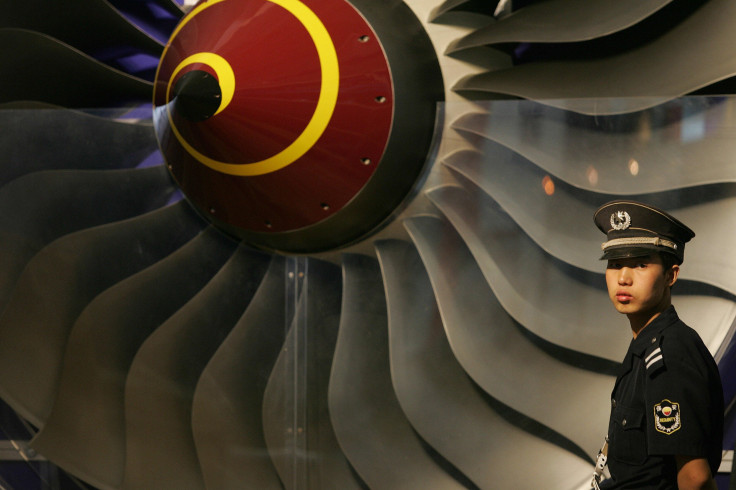China Sets Up Indigenous Aircraft Engine Maker

In order to decrease its dependence on Western suppliers for its aviation industry, China has set up an aircraft engine maker owned by the government, the country’s media reported Sunday.
With 50 billion yuan ($7.5 billion) in registered capital and 96,000 employees, Aero-Engine Group of China is a combination of a number of existing aircraft-engine companies. China’s cabinet, Beijing’s municipal government, the Aviation Industry Corporation of China (AVIC) and Commercial Aircraft Corporation of China are investors in the new venture that will develop both military and commercial engines.
While China manufactures its planes, developing engines has been a challenge for the Asian powerhouse. With this launch, it aims to compete with international giants like United Technologies Corporation’s aircraft engine maker Pratt & Whitney and General Electric (GE), from whom China currently buys its commercial aircraft engines. For military use, China employs Russian-made engines.
In March this year, AVIC Aviation Engine Corp., Sichuan Chengfa Aero-Science & Technology Co. and AVIC Aero-Engine Controls Co. announced they were due to become part of the new company.
AVIC makes military jets and helicopters but the technology required to produce powerful turbofan engines suited for commercial use — they are governed by tougher restrictions to ensure safety and reliability — has been elusive for Chinese engineers. China has developed two indigenous passenger jets but both use imported engines.
The recently launched ARJ21 regional jet uses engines produced by GE. Comac’s single-aisle C919 jetliner that is currently under development is supposed to be powered by engines made by CFM International, a joint venture between GE and the Snecma engine unit of France’s Safran SA, Wall Street Journal reported .
President Xi Jinping called the creation of the new company a “strategic move” aimed at developing China's reputation as a global aviation power, Xinhua news agency said.
© Copyright IBTimes 2025. All rights reserved.






















